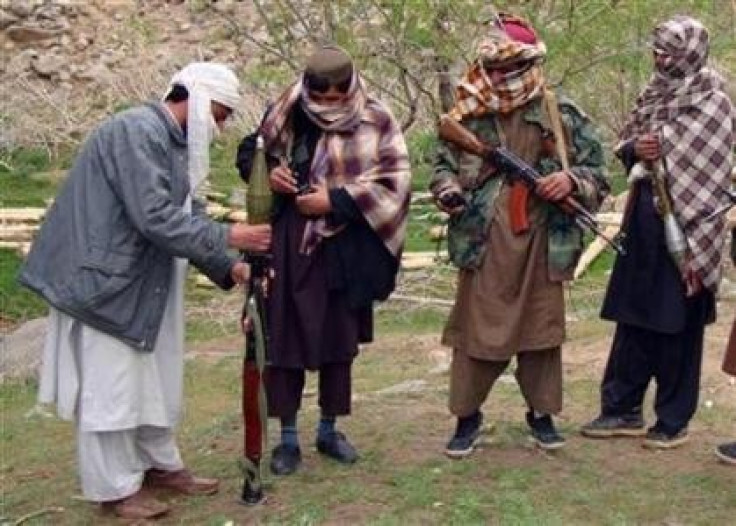Taliban insurgency: Pakistan hosts 4-way talks involving US and China over Afghan peace process

Pakistan is hosting four-way talks involving the US and China for reviving the Afghan peace process against the backdrop of increasing Taliban Islamist insurgency. Taliban representatives have not been invited to the talks and it is still unclear whether they will come to the negotiating table.
The Quadrilateral Coordination Committee (QCC) comprising Afghanistan, Pakistan, the US and China, kicked off their scheduled discussions in the Pakistani capital Islamabad on 11 January in order to come up with a roadmap for strife-torn Afghanistan. The presence of American and Chinese representatives is aimed at easing pressure over Kabul's mistrust of Islamabad.
The so-called quadrilateral talks were announced earlier in December but the exact dates were revealed only during the weekend. The discussions, dubbed as "roadmap" talks, are to revolve around regional stability and the handling of Taliban.
Negotiations between the Afghan Taliban and the Kabul government collapsed in July 2015 and since then there have been no signs of improvement. Taliban representatives have refused to speak to any Afghan authorities, insisting that they would communicate only with US officials.
"Based on the four-way agreement, Monday's meeting will discuss the mechanism for peace talks. The Pakistani government will present the list of Taliban who are willing to talk and those who are not interested in talks," said Javed Faisal, spokesman for Afghanistan's Chief Executive Abdullah Abdullah.
Pakistan viewpoint
Inaugurating the conference, Sartaj Aziz, top aide to Pakistan Prime Minister Nawaz Sharif on foreign affairs, said: "Threat of use of military action against irreconcilables cannot precede the offer of talks to all the groups and their response to such offers. Distinction between reconcilable and irreconcilables and how to deal with the irreconcilables can follow once the avenues for bringing them to the table have been exhausted."
Pakistan's Foreign Secretary Aizaz Ahmad Chaudhry is leading his country's delegation while Afghanistan is represented by Deputy Foreign Minister Hekmet Khalil Karzai. Islamabad is widely expected to present a list of Taliban representatives who are willing to negotiate and those who are not, so as to rekindle the negotiation process with the Islamist group. Nevertheless, there has been no official confirmation on this.
"It'll be an opportunity to further our partnership with Afghanistan, Pakistan and China in support of an Afghan-led, Afghan-owned reconciliation, which is what we've said all along we want to see. We're obviously looking forward to trying to make some progress here on what has been a very difficult issue," said US State Department spokesman John Kirby.
© Copyright IBTimes 2024. All rights reserved.






